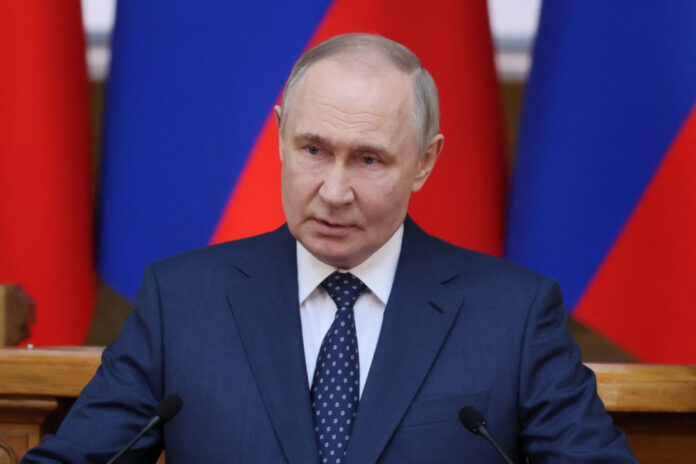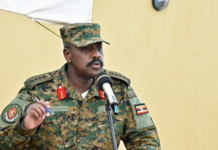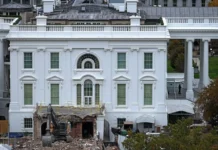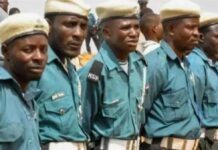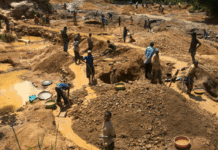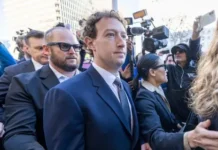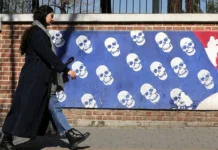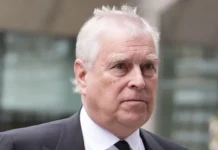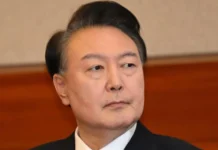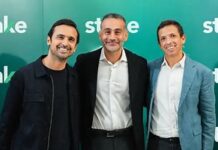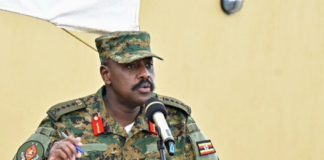Written by Kelly Were
Moscow, Russia – In a display of military might and historical reverence, Russia is holding its annual Victory Day parade in Moscow on Friday, marking 80 years since the defeat of Nazi Germany in what Russians commemorate as the Great Patriotic War.
President Vladimir Putin is hosting the high-profile event in Red Square, joined by over 20 foreign leaders, including China’s President Xi Jinping and Brazil’s Luiz Inacio Lula da Silva. Also expected are dignitaries from countries such as Egypt, Vietnam, Cuba, Myanmar, Venezuela, Bosnia, and Zimbabwe — a turnout the Kremlin hopes will project strength and international backing even as the war in Ukraine grinds on.
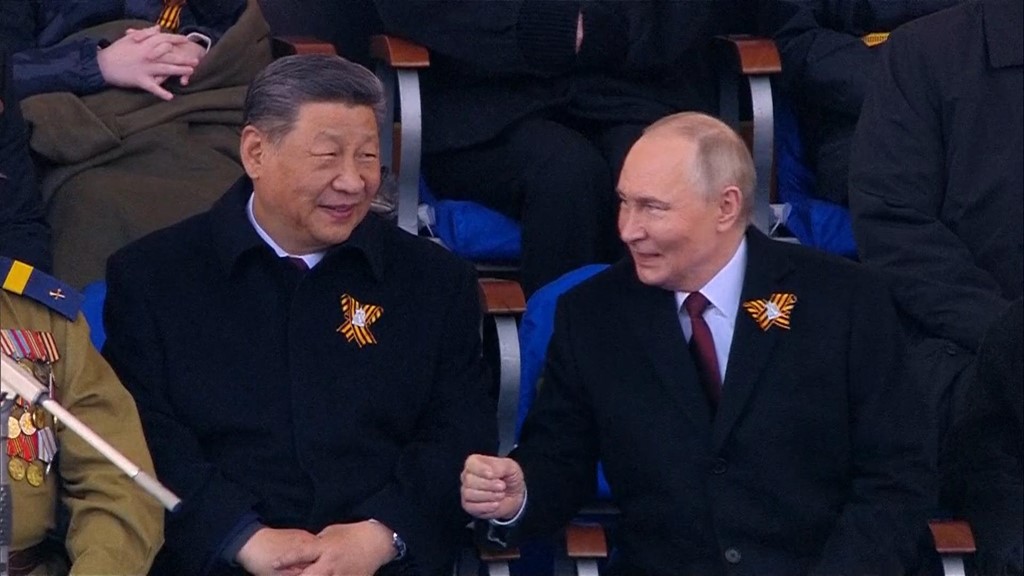
What is Victory Day – and why is it celebrated on a different day in Russia?
Victory Day – otherwise known as VE Day – marks the end of the Second World War, when the Allies accepted the surrender of Nazi Germany. It is called VE Day, meaning Victory in Europe Day
Victory Day, observed on 9 May in Russia, differs from the 8 May VE Day celebrations in Western nations like the UK, US, and France. The difference stems from the time zone disparity — Nazi Germany’s surrender took effect at 11:01 p.m. on 8 May 1945, but it was already past midnight in Moscow, hence the next day’s celebration.
For many Russians, 9 May is more than a public holiday — it is a sacred remembrance. The Soviet Union suffered enormous losses during World War II, with an estimated 27 million people killed, including millions of Ukrainians. The day serves as both a symbol of sacrifice and a pillar of national identity, often invoked by President Putin to reinforce unity and resilience.
This year’s celebrations, however, are shadowed by ongoing conflict in Ukraine. Despite a Kremlin-declared 72-hour ceasefire from 8–10 May, both Russian and Ukrainian forces have accused each other of repeated violations. Ukrainian officials claim that Russian troops breached the truce more than 700 times in just the first 12 hours. In the Zaporizhzhya region, Governor Ivan Fedorov reported that eight villages were targeted by 150 drone strikes and 70 artillery rounds, adding to growing skepticism about the truce’s sincerity.
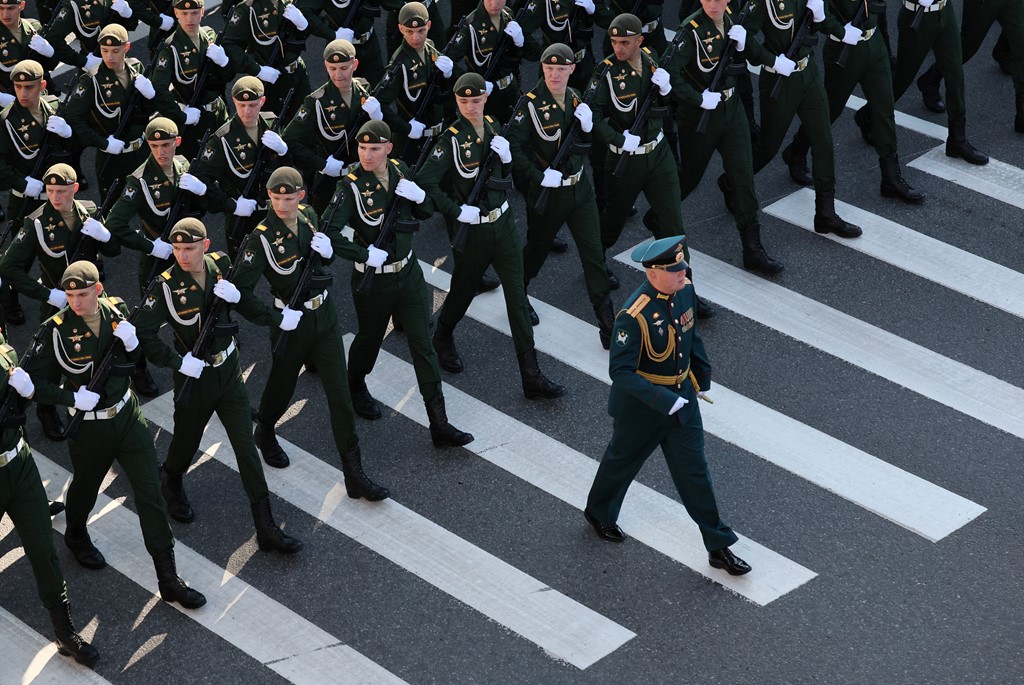
Courtesy: Reuters
While the parade showcases tanks, missiles, and a robust air force flyover — echoing past Soviet triumphs — it unfolds in a deeply altered geopolitical landscape. Russia remains internationally isolated over its ongoing invasion of Ukraine, while Ukraine accuses Moscow of using Victory Day not for peace, but for propaganda and provocation.
As the world watches Moscow’s grand military spectacle, the echoes of history blend uneasily with the rumble of a modern war — and a nation’s commemoration turns into a tightrope walk between pride, propaganda, and peril.









